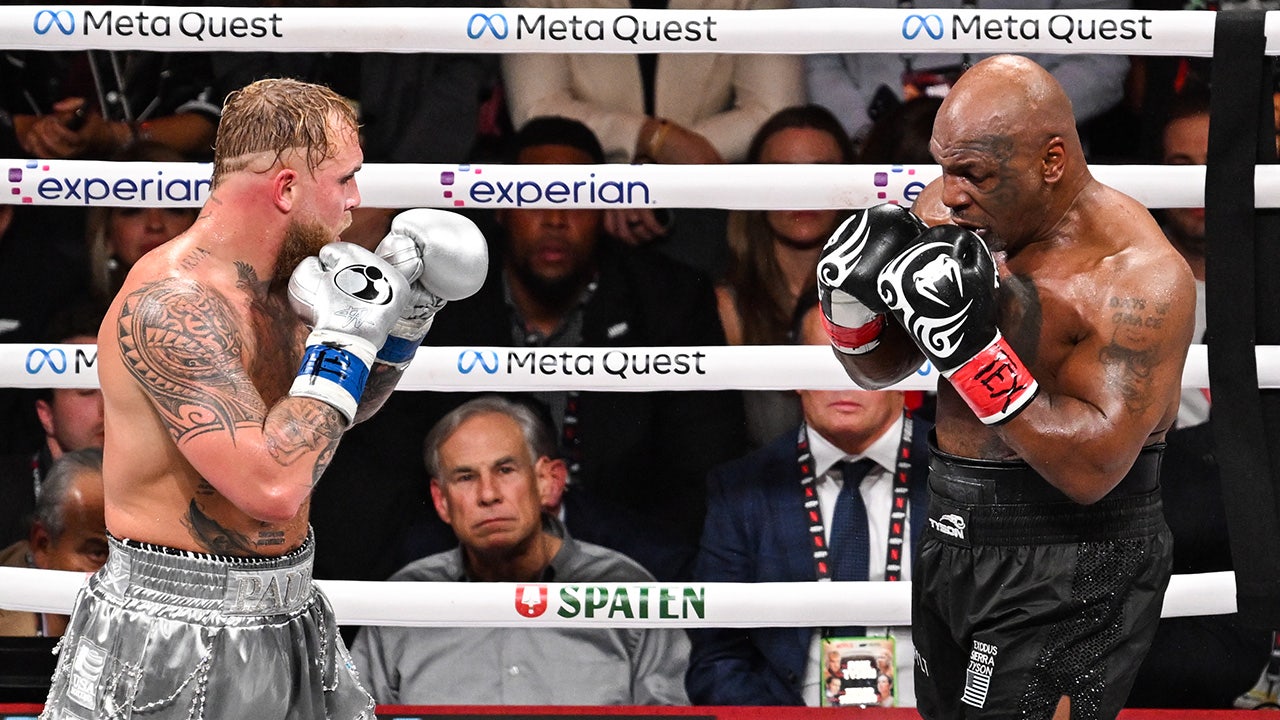The bill has sparked transparency concerns.


WASHINGTON — In a decision that could reshape government transparency in the District, the DC Council has introduced emergency legislation allowing its meetings with Mayor Muriel Bowser to be closed to the public. The move, which sidesteps the traditional public hearing process, sparks concerns about accountability and access to government decision making.
The bill (B26-0199) would amend the Open Meetings Act to allow closed-door meetings between the Council and Bowser, as long as no official action is taken. By bypassing the traditional public hearing process, the proposal has sparked concerns. A vote on the legislation could take place as early as Tuesday.
D.C. Open Government Coalition's Chair Robert Becker has written a letter to all councilmembers asking them not to vote this amendment into law.
What does the bill change?
The bill seeks to redefine what constitutes a "meeting" under the Open Meetings Act. Under the proposed changes, the term would now include various types of gatherings and communications where public business is discussed but explicitly exclude chance or social gatherings, press conferences, field trips, site visits, and retreats—so long as no official action is taken.
Most notably, the bill introduces a new exemption that would permit the Council and the Mayor to meet privately, without public oversight, if no official decisions are made during these discussions.
Other key amendments include:
Expanded definition of "meeting": Includes various gatherings but exempts informal or social interactions.
Public access provisions: Ensures meetings remain open in real-time or are made available as soon as feasible.
Exemptions: Allows private briefings on public safety threats and exempts Council-Mayor meetings from public access rules when no formal action is taken.
Council autonomy: Grants the Council authority to establish its own rules ensuring compliance with open meeting policies.
Fiscal impact: Includes a required fiscal impact statement.
Temporary effect: As emergency legislation, the bill would remain in effect for up to 90 days upon mayoral approval.
The public impact:
While D.C. officials frame the legislation as a clarification of existing rules, some argue that it significantly weakens public oversight. By allowing closed-door meetings between the council and the mayor, the bill raises concerns about transparency, accountability and public trust in government proceedings.
What happens next?
Because the bill was introduced as emergency legislation, it could become law immediately after Tuesday’s vote and the mayor's approval, remaining in effect for 90 days. If the Council seeks to make these changes permanent, additional legislation and a public hearing process would be required.
.png)









 English (US) ·
English (US) ·